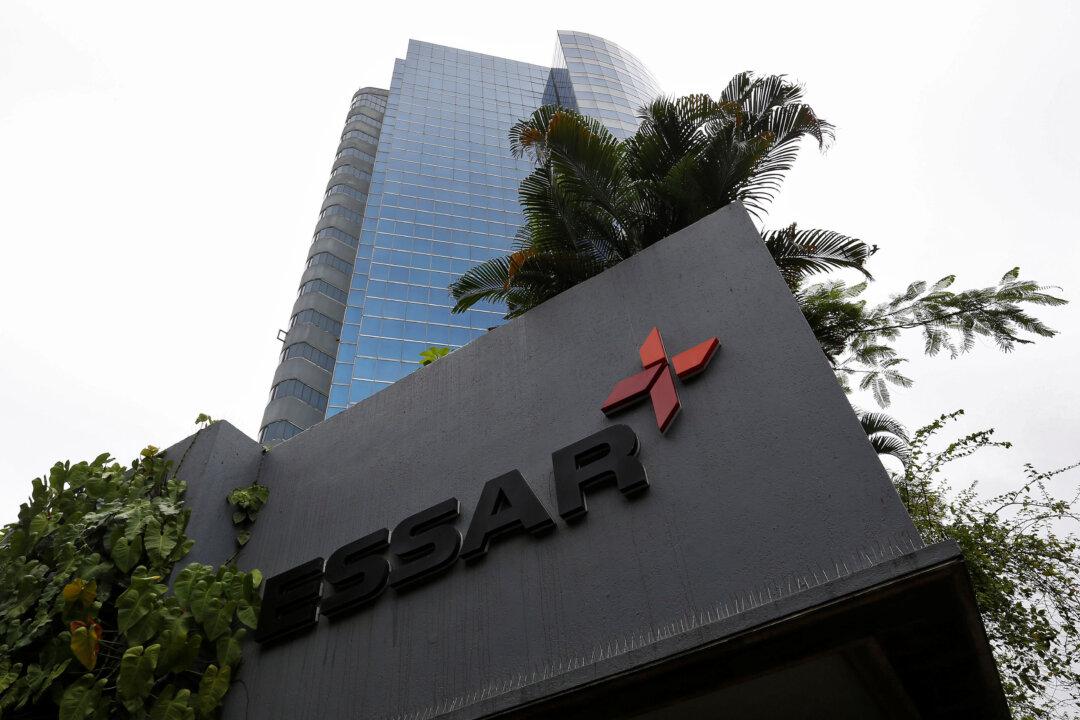Reuters—Essar Oil UK, the operator of Britain’s Stanlow oil refinery, is in talks with UK authorities over extending a January deadline to repay hundreds of millions of pounds in deferred taxes, the company said on Sunday.
Essar Oil said it still needed to pay £223 million ($305 million) to HM Revenue & Customs (HMRC) by January, confirming an earlier report in the Sunday Times newspaper, which said the company had used the government’s pandemic VAT deferral scheme last year.





